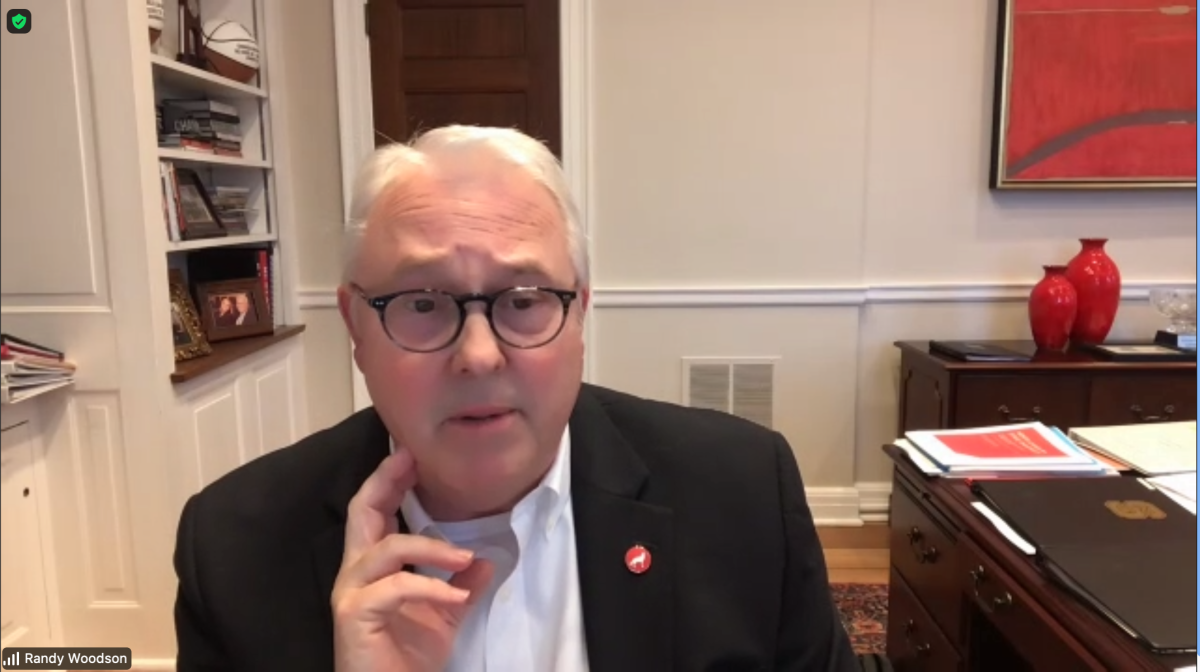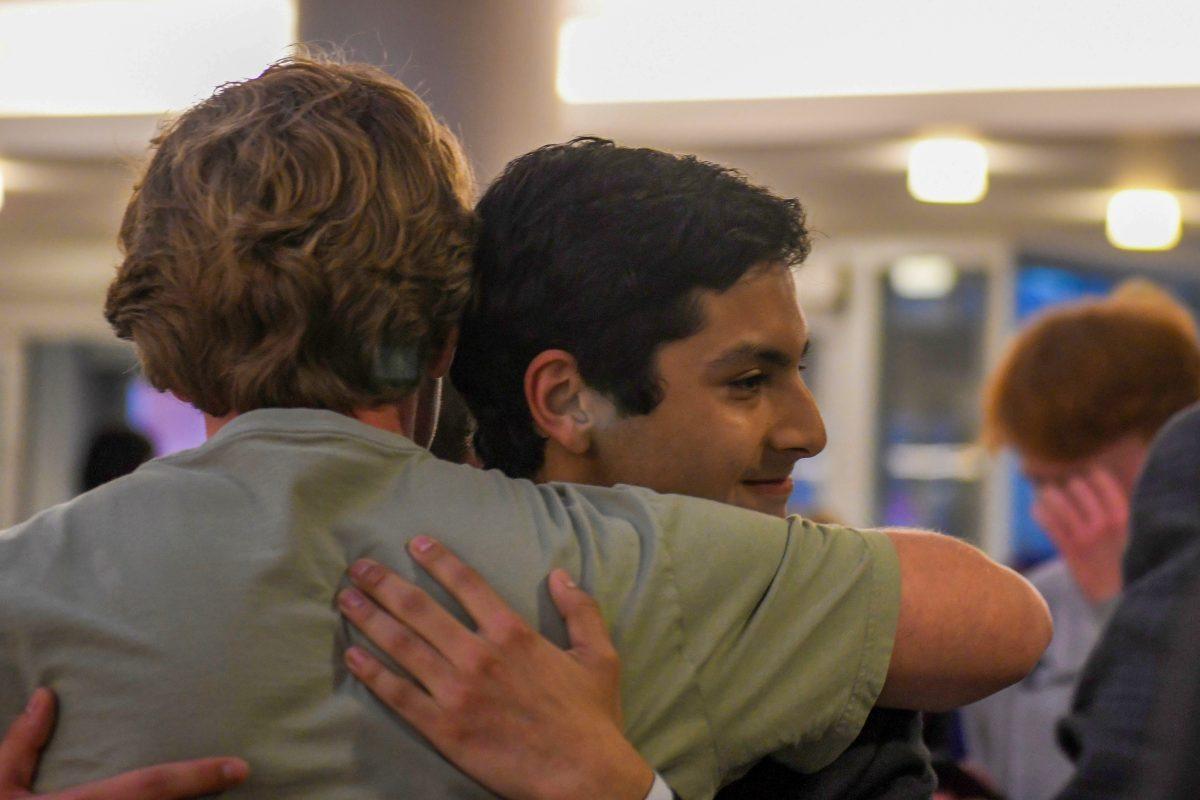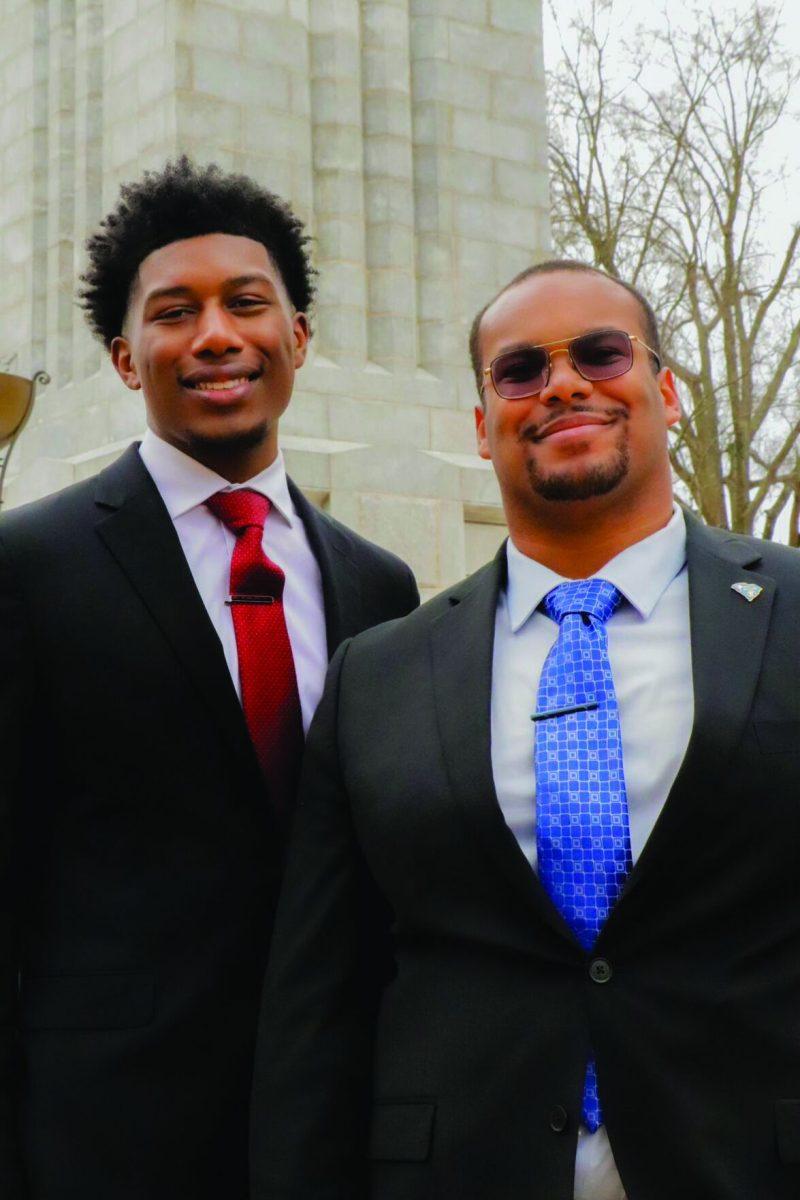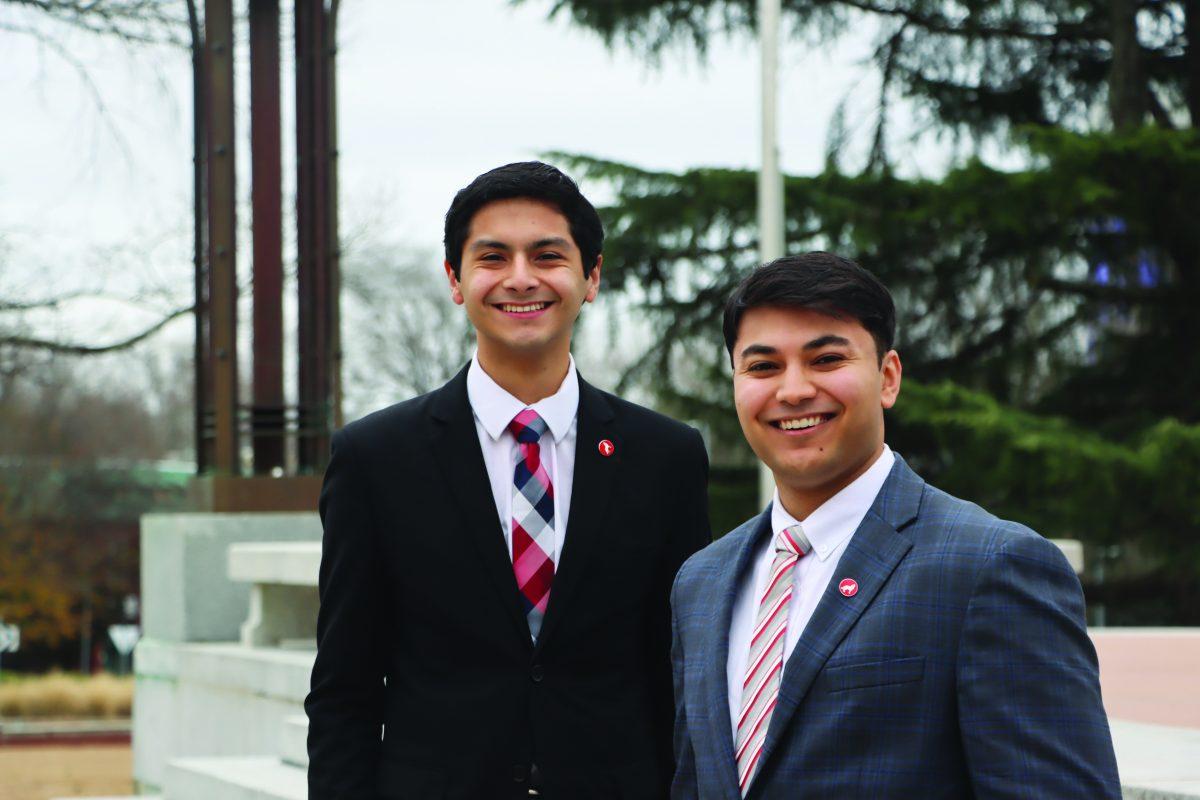The first Chancellor’s Liaison meeting of the spring semester was held Feb. 2. Topics discussed included updates from Chancellor Woodsen and Student Government President McKenzy Heavlin, COVID-19 updates and a featured presentation on campus safety.
Chancellor Randy Woodson started the meeting with a list of updates from around campus. The updates included acknowledging the Think and Do the Extraordinary Campaign, NC State now having a state budget, six faculty members being elected as American Association for the Advancement of Science (AAAS) fellows and more.
Woodson explained the distribution of the $2.1 billion raised during the Think and Do the Extraordinary Campaign.
“I do want to acknowledge that when we ended the fall semester, we celebrated a successful Think and Do the Extraordinary campaign,” Woodson said. “The numbers are huge and I know when you think about it as a student, you think, ‘My gosh, the University raised $2.1 billion, can’t you throw a little bit of that my way?’ Well, it is coming that way. It’s coming largely in the form of everything we’ve done to support the student emergency fund, everything we’ve done to support the increasing number of scholarships on campus, and our faculty and staff.”
Heavlin, a fourth-year studying electrical engineering, gave a list of updates on Student Government (SG). He said SG participated in the Atlantic Coast Conference (ACC) Advocacy Days.
“We recently participated in ACC Advocacy Days where we met with Representative [David Price] and Representative [Deborah Ross], and then we’re meeting with staffers from Senator [Richard] Burr’s office tomorrow to increase federal financial aid and increasing federal research funding for NC State and our students as well,” Heavlin said.
Heavlin also said the Student Senate was meeting that night to discuss legislation on Panopto, policies regarding the death of a student, teacher or TA, and codifying annual events. He also mentioned spring elections are coming up.
“I also want to highlight that our spring elections are coming up, so if you know any students who are interested in running for any position, please direct them to the SG website for more information as that process is getting underway mid-February,” Heavlin said.
Amy Orders, director of Emergency Management and Mission Continuity, gave an update on COVID-19 on campus. She said the pandemic may be getting easier on the NC State community.
“We are, for the first time, seeing what we call a leveling,” Orders said. “I am not going to say we’re done. I’m going to say that what we’re seeing as impacts to campus are testing numbers are beginning to decline, because our vaccination rates keep growing. Boosters keep growing. Our positive rates where we have omicron impact, although it’s been hundreds, is now in the double digits. We have less people in isolation in place. So, in all the efforts, we’re starting to see a turn.”
The meeting’s feature presentation was on campus safety. Daniel House, chief of the University Police Department (UPD), began the presentation.
“Obviously, the safety on campus is paramount to us, and ever since I’ve been here, we’ve been working very hard to build that,” House said. “Shortly into my tenure, when I came back here, we had the George Floyd incident, and a lot of civil unrest, so our department has been really working hard to build transparency, build relationships and reach out and find out what is bothering people and what we can do to address it, basically how we can offer better service to everybody.”
House said the NC State police have been working on streamlining communication between students and the department. This includes updating the WolfAlert system, adding a community engagement unit and working with SG. He said he’s most excited to work with the students in SG.
“We’re working with a group of students, with student government, and that is to increase communication and talk about real issues,” House said. “So, when issues come up, we can sit down and have real conversations and work together to try to come up with solutions.”
Orders also spoke during the featured presentation. She said the emergency management and mission continuity teams have also been working to streamline communication with students as well as other departments and student organizations.
“One of the bigger focus points for our teams is partnership, and so, prior to COVID, emergency management was a fabric part of our organization, and you knew it best by WolfAlert, and if you knew WolfAlert, it meant we were doing something,” Orders said. “So, instead we built bridges and stronger conversations with all of our service paradigms and groups across campus over the past two years. If anything, we never let the disaster go unused, so we’ve used it as a great way to reinvent or look at partnerships in a different light.”
SG UPD commission chair Timothy Reid, a second-year studying business administration, talked about the new task force’s efforts in working with University Police and Emergency Management and Mission Continuity during the featured presentation.
“Really the whole purpose of the task force is to serve as the student group to kind of liaison between the students as well as the administration, specifically police as well as emergency management,” Reid said.
Reid said a goal of the task force is to keep students and administration on the same page.
“What we hope to gain from this task force is to facilitate an open and constant dialogue between the students and the faculty on campus, and realize we’re all partners in campus safety,” Reid said. “Sometimes there’s a disconnect between the administration and students, and we don’t really realize we’re all in this together.”
Future Chancellor’s Liaison meetings will be held March 23 and April 13.


















